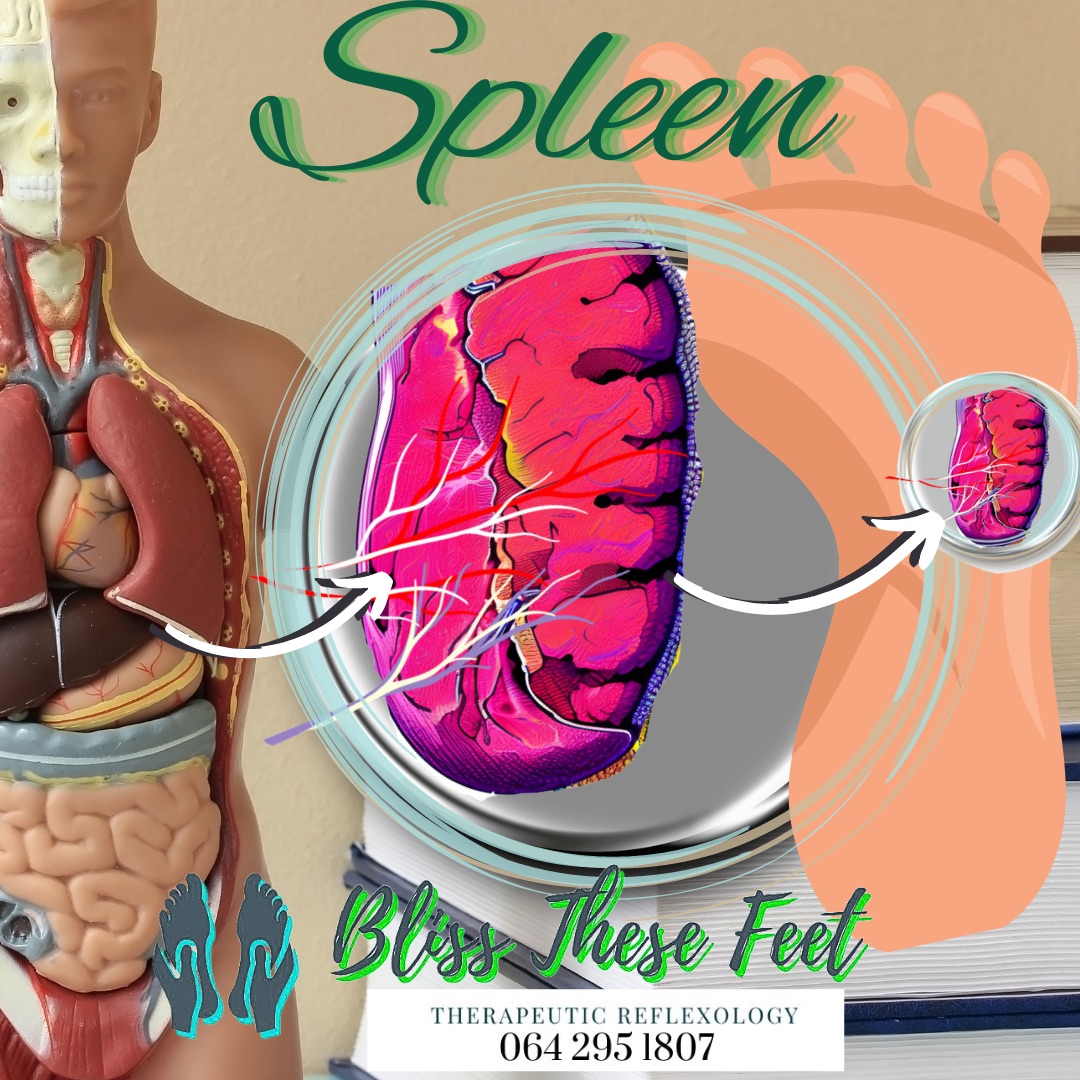In Traditional Chinese Medicine (TCM), the Spleen Pancreas meridian plays a significant role in maintaining overall health and well-being. This meridian is associated with the Earth element and is considered a yin organ. In this blog, we will explore the theory behind the Spleen Pancreas meridian, its functions, and its impact on our physical and emotional well-being.
Function and Importance:
The Spleen Pancreas meridian is often referred to as the ‘Minister of the Granary’ due to its crucial role in extracting and assimilating nutrients from food and fluids. It controls the digestive enzymes and energy required by the stomach and small intestine.
One of the main functions of the Spleen Pancreas meridian is to regulate the quantity and quality of blood in circulation. It coordinates with the kidneys to control fluid balance throughout the body. This meridian also commands the extraction of energy from the stomach to the lungs, where it combines with energy from the air to form True Human Energy.
Impact on Physical Health:
The condition of the Spleen Pancreas meridian is closely related to muscle tissue. Weak limbs and muscular atrophy can be indicative of deficient spleen energy. Additionally, the color and tone of the lips reflect the condition of this meridian. Reddish moist lips indicate strong spleen function, while pale dry lips suggest weak spleen function.
The Spleen Pancreas meridian is associated with the mouth, and its condition can influence our sense of taste. A weak spleen may result in insensitivity to taste. Moreover, temperamental moodiness is often associated with the spleen, as reflected in the term ‘bad spleen energy’.
Impact on Emotional Well-being:
According to TCM, the Spleen Pancreas meridian houses the body’s thoughts and intentions. It is responsible for analytical thinking, memory, cognition, intelligence, and ideas. Positive psycho-emotional attributes associated with this meridian include trust, honesty, openness, acceptance, equanimity, balance, and impartiality.
However, an imbalanced Spleen Pancreas meridian can lead to negative emotional states such as worry, excessive thinking, self-doubt, pensiveness, obsessiveness, remorse, regret, and depression. It is important to maintain a harmonious Spleen Pancreas meridian to support emotional well-being.
Meridian Pathway and Disorders:
The Spleen Pancreas meridian begins at the inside tip of the big toe and follows the inner aspect of the foot, ankle, leg, abdomen, diaphragm, chest, and ends on one side of the breast under the armpit.
Disorders related to this meridian can manifest in various areas. For instance, problems with the big toe, shinbone, stomach, digestive area, breast, and underarm may indicate imbalances in the Spleen Pancreas meridian. Emotional issues such as depression, PMT, irritability, and concentration problems can also be associated with this meridian.
Muscles Related to the Spleen Pancreas Meridian:
Several muscles are closely related to the Spleen Pancreas meridian, including Latissimus Dorsi, Trapezius, Extensor Pollicis Longus, and Triceps. Weakness or problems in these muscles may indicate imbalances in the Spleen Pancreas meridian, particularly those related to sugar metabolism.
(Much of this post is based on: Reflexology a Practical Introduction by Inge Dougans)



